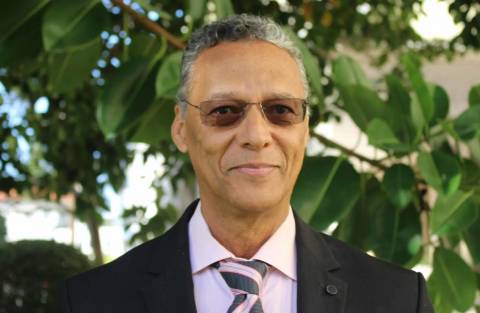
Tropical health teaching has traditionally focused on clinical-pathological knowledge of tropical diseases, supported by very basic diagnostic methods (microscopy, microbiology, haematology and biochemistry), limited medical-drug treatment and preventive measures, within the conceptual framework of tropical medicine. Today, the approach of "tropical health" adds biomedical sciences and public health to the concept of tropical medicine, in the global vision of "one health". The current challenges in teaching and research combine the Sustainable Development Goals (SDGs), social, climatic and environmental determinants of health and biotechnology in a transversal way, on an individual and community basis.
The evolution of cellular and molecular biology, epidemiology, biostatistics, bioinformatics, telemedicine, data science, point-of-care technologies, life sciences and artificial intelligence has increased the importance of research and innovation in the teaching-learning process in tropical health. On the other hand, many of the so-called "tropical diseases", reported as "acute" infectious/communicable diseases, evolve into chronic disabling situations (onchocerciasis - river blindness) and even cancerous (schistosomiasis - bladder cancer), with specific pathological paradigms that require more knowledge and skills in their management.
The ongoing situation of geo-demographic expansion of the so-called tropical diseases, especially those transmitted by vectors, with the risk of epidemic outbreaks or even changes in regional epidemiological profiles, requires greater attention to training in epidemiological and entomological surveillance in areas considered "free" of these pathologies, and it is equally important to consider the generalisation of the practice of specialised advice to travellers. The strategic pillars of the Institute of Hygiene and Tropical Medicine of the NOVA University Lisboa allow us to face these challenges by combining teaching and research with collaboration, internationalisation, multidisciplinarity, interdisciplinarity and transdisciplinarity from an innovative perspective.